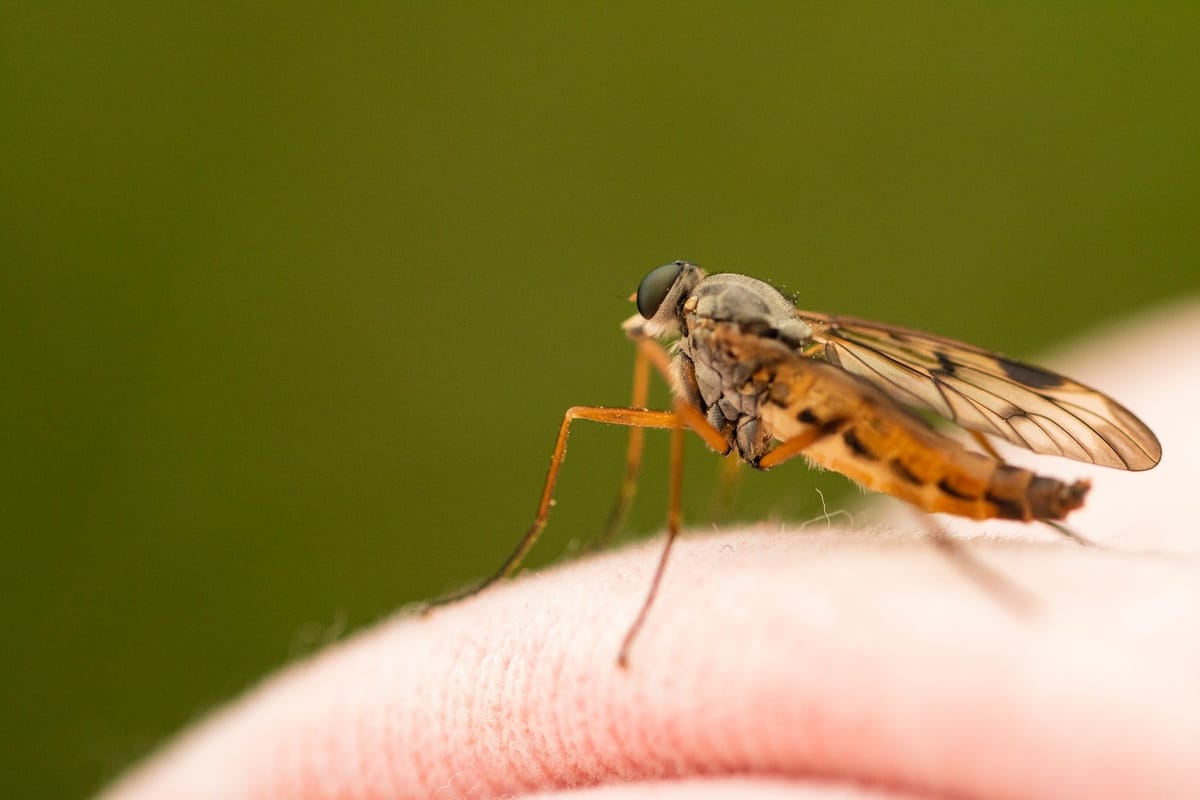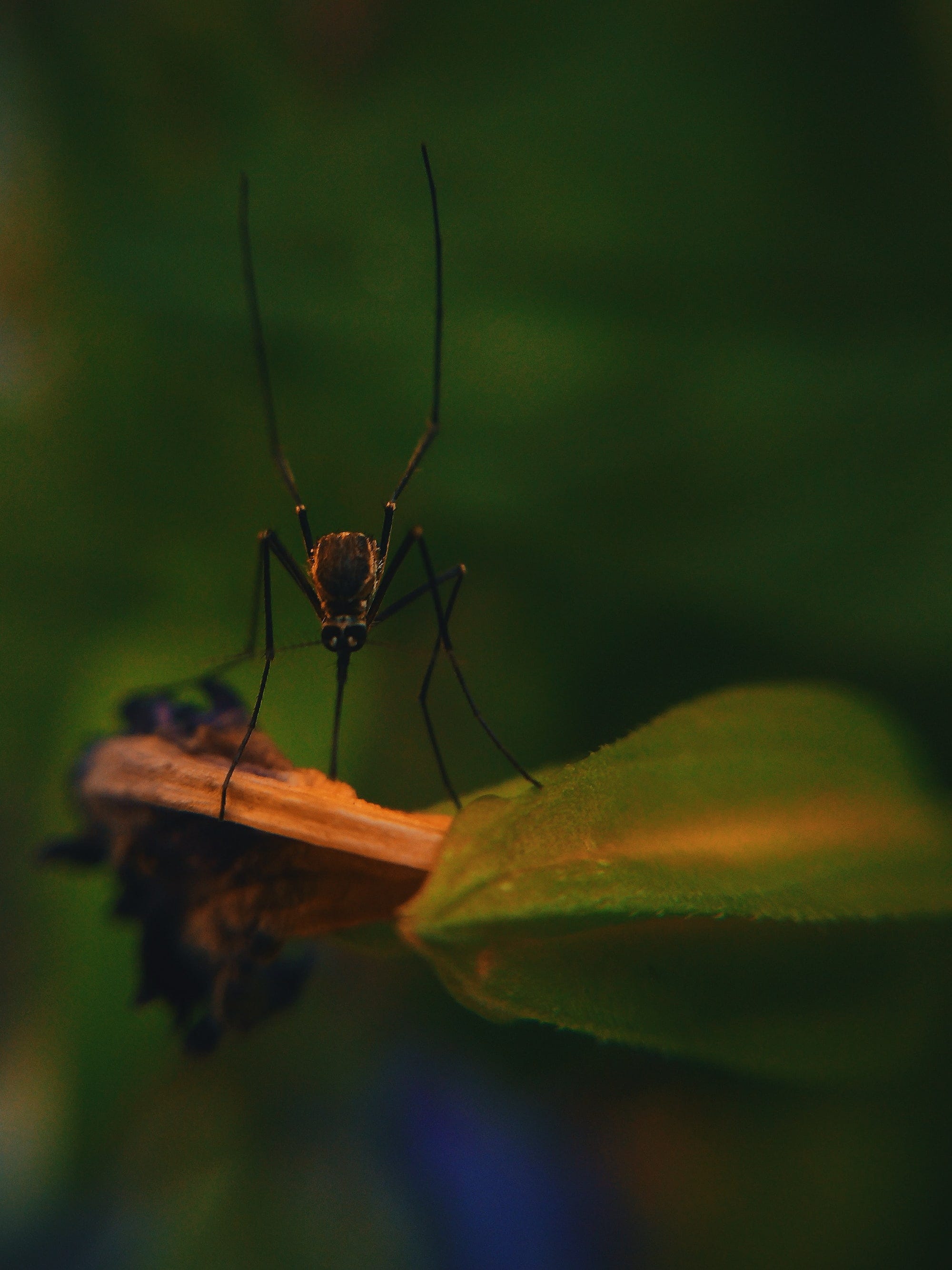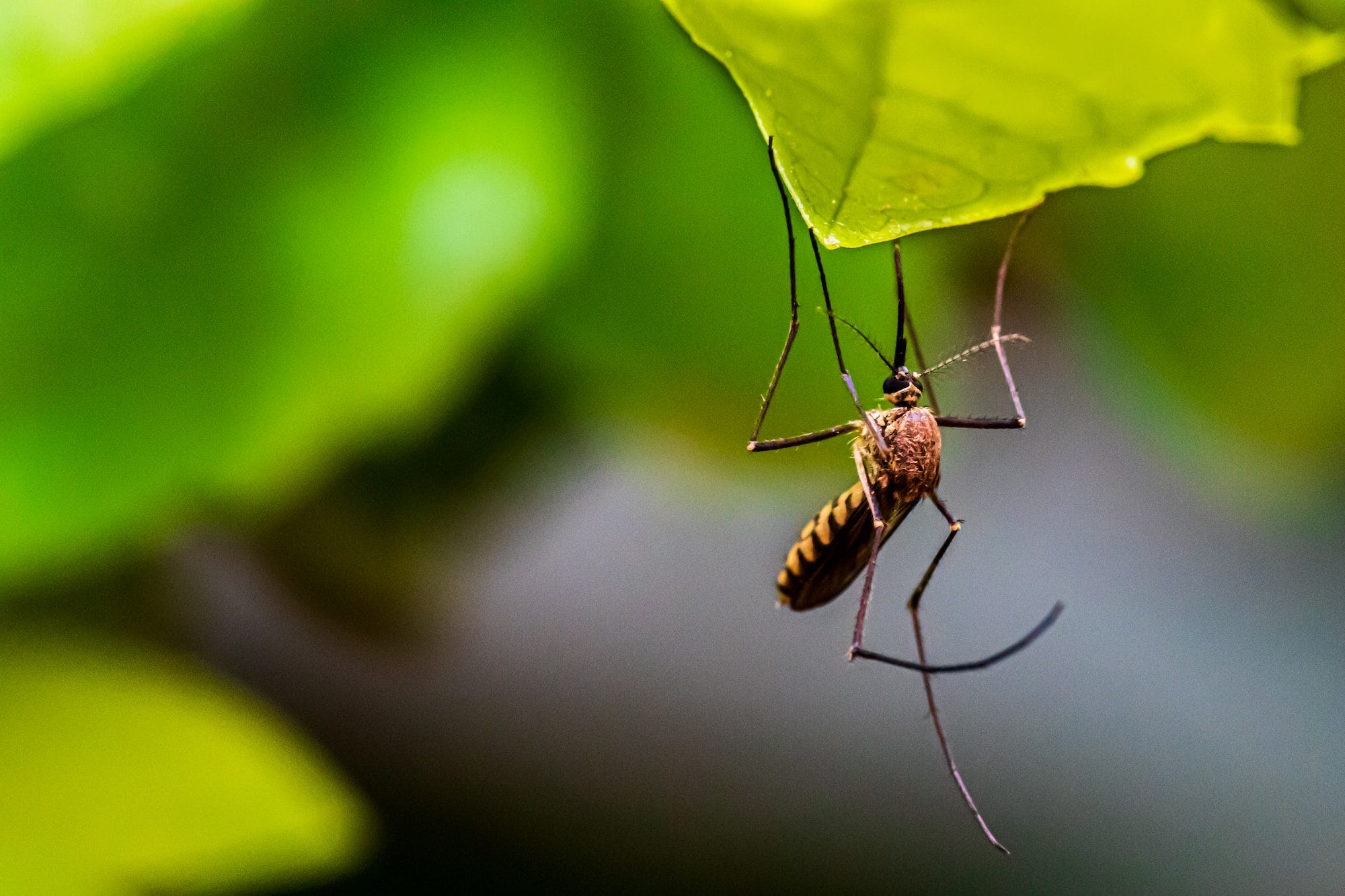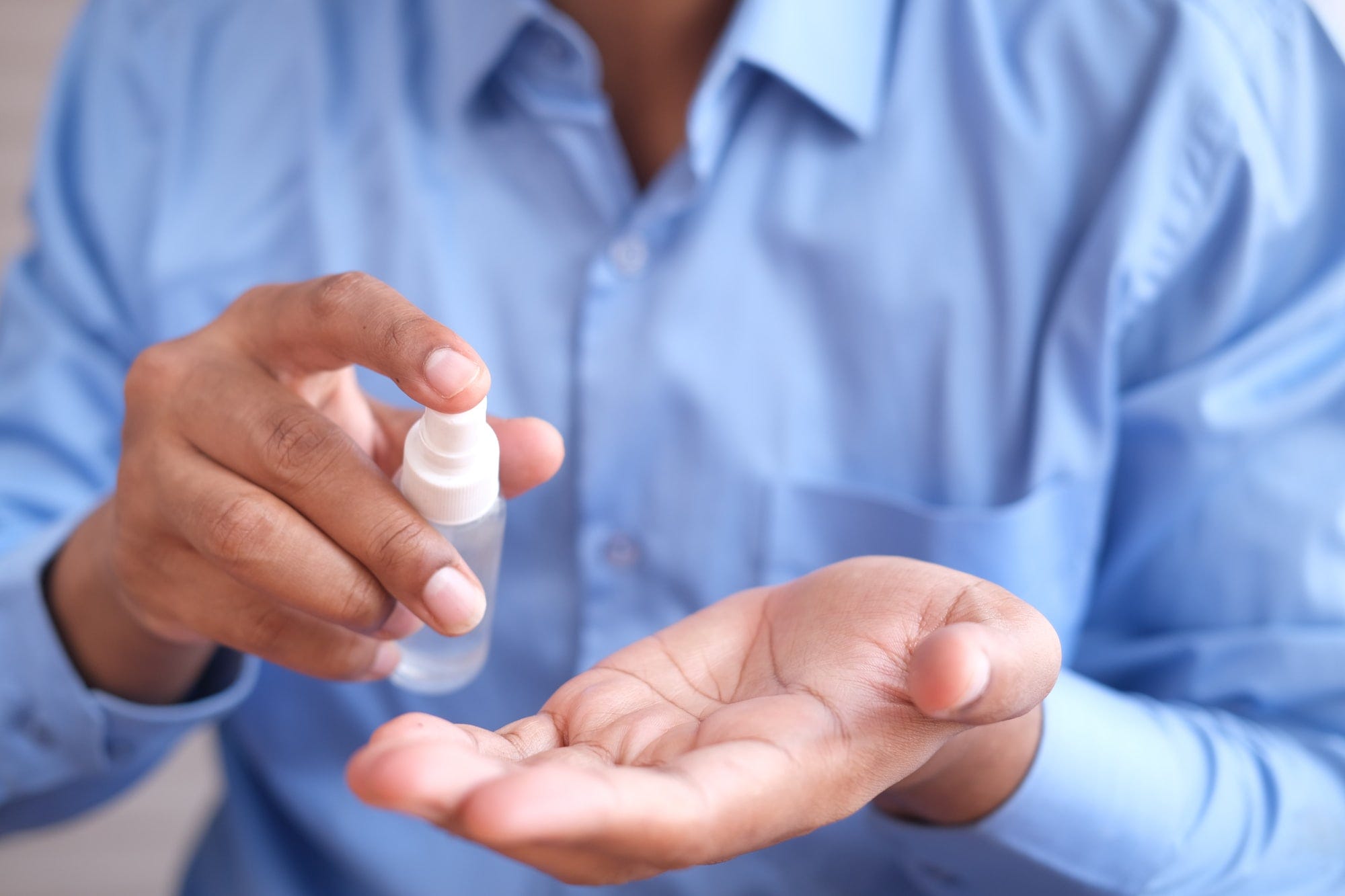How to Prevent Mosquito Bites: The Ultimate Guide
By following these prevention methods, you can enjoy the outdoors without worrying about mosquito bites and their negative health effects.

Mosquitoes are known for their pesky bites that cause itchy bumps and can even spread diseases. These tiny insects can be found all over the world, and they are attracted to the carbon dioxide we exhale, the heat of our bodies, and the scent of our sweat. In this article, we will discuss why mosquitoes bite, the negative health effects of mosquito bites, and most importantly, how to prevent mosquito bites.
How to Prevent Mosquito Bites: The Ultimate Guide
Why Do Mosquitoes Bite?
Female mosquitoes are the ones that bite as they need blood to develop their eggs. Mosquitoes use their senses to detect the carbon dioxide we exhale, the heat of our bodies, and the scent of our sweat. They are also attracted to dark clothing and perfumes.
Once a mosquito lands on our skin, it pierces the skin with its proboscis, a long, thin tube that contains two tubes. One tube injects saliva into the skin that contains an anti-coagulant, which prevents the blood from clotting, and the other tube draws out the blood.
The saliva of mosquitoes contains proteins that trigger an immune response, leading to the formation of itchy bumps. Some people are more sensitive to these proteins and experience more severe reactions to mosquito bites.

Negative Health Effects of Mosquito Bites
Mosquito bites are not just itchy and annoying, but they can also cause negative health effects. Mosquitoes are known to spread several diseases, including malaria, Zika virus, dengue fever, and West Nile virus.
Diseases Spread by Mosquitoes
Malaria is a life-threatening disease caused by parasites transmitted through the bites of infected mosquitoes. The disease can cause fever, chills, and flu-like symptoms, and if left untreated, it can be fatal.
Zika virus is a disease that can cause birth defects in pregnant women and is transmitted through the bites of infected mosquitoes.
Dengue fever is a viral disease transmitted by mosquitoes, and symptoms include fever, headache, and joint pain. In severe cases, it can lead to dengue hemorrhagic fever, which can be fatal.
West Nile virus is a disease that is spread by infected mosquitoes and can cause fever, headache, and body aches. In rare cases, it can lead to severe illness or death.
Preventing Mosquito Bites
Preventing mosquito bites is essential to protect yourself from the negative health effects that mosquitoes can cause. Here are some mosquito bite prevention methods:
1. Wear Protective Clothing
Wearing protective clothing is one of the most effective ways to prevent mosquito bites. Light-colored, loose-fitting, and long-sleeved shirts and pants can help reduce the amount of exposed skin and make it more difficult for mosquitoes to bite.

2. Use Mosquito Repellents
Mosquito repellents can help keep mosquitoes away. The Environmental Protection Agency (EPA) recommends using repellents that contain DEET, picaridin, IR3535, or oil of lemon eucalyptus. It is important to follow the instructions on the label and apply the repellent to exposed skin and clothing.
3. Use Mosquito Nets
Mosquito nets are a great way to protect yourself from mosquito bites while sleeping. They can be used in areas where mosquitoes are prevalent and can help reduce the risk of contracting mosquito-borne diseases.
4. Eliminate Standing Water
Mosquitoes breed in standing water, so eliminating standing water around your home can help reduce the mosquito population. Make sure to empty any standing water in flower pots, bird baths, and other containers.
5. Stay Indoors During Peak Mosquito Hours
Mosquitoes are most active during dawn and dusk, so staying indoors during these times can help reduce the risk of mosquito bites.
6. Use Fans
Mosquitoes are weak flyers, and using fans can help keep them away. Fans can disrupt the flight patterns of mosquitoes, making it harder for them to land and bite.
7. Keep Your Surroundings Clean
Keeping your surroundings clean and tidy can help reduce the mosquito population. Make sure to trim the grass and shrubs around your home and remove any debris, as they provide breeding grounds for mosquitoes.

8. Install Window Screens
Installing window screens can help keep mosquitoes out of your home. Make sure that the screens fit tightly and do not have any holes or tears.
9. Use Citronella Candles
Citronella candles can help repel mosquitoes. The scent of citronella masks the scents that attract mosquitoes, making it less likely for them to land and bite.
Importance of Mosquito Control Programs
Mosquito control programs are essential to reduce the mosquito population and prevent the spread of mosquito-borne diseases. They involve several activities, such as surveillance, source reduction, and insecticide application. Surveillance involves monitoring the mosquito population and identifying the species that are present in a particular area. Source reduction involves eliminating or treating standing water sources, where mosquitoes lay their eggs.
Insecticide Application
Insecticide application is used to kill adult mosquitoes or their larvae. However, it is important to note that insecticides can have negative effects on the environment and other non-target species. Therefore, insecticides should only be used when necessary and according to the guidelines set by the Environmental Protection Agency (EPA).

Mosquito control programs are usually carried out by government agencies or private companies. They may use different methods depending on the specific needs and circumstances of the area. For example, aerial spraying may be used in areas with a large mosquito population, while larviciding may be used in areas with standing water sources.
What is Lavriciding?
Larviciding is a method used in mosquito control programs to prevent mosquito larvae from developing into adult mosquitoes. It involves applying insecticides or biological agents to standing water sources where mosquitoes lay their eggs. The insecticides target the larvae, killing them before they can develop into adult mosquitoes.
Larviciding is a proactive approach to mosquito control, as it prevents the mosquito population from increasing and spreading mosquito-borne diseases. It is considered to be a safer and more effective alternative to using adulticides, which target adult mosquitoes and can have negative effects on the environment and other non-target species.
Help Raise Awareness
In addition to reducing the mosquito population, mosquito control programs can also help raise awareness about mosquito-borne diseases and prevention methods. They can also provide information and resources to the public, such as mosquito traps and educational materials.

Mosquito control programs play a crucial role in preventing the spread of mosquito-borne diseases. They involve several activities, such as surveillance, source reduction, and insecticide application. Mosquito control programs should be carried out by trained professionals and according to the guidelines set by the EPA. By reducing the mosquito population and raising awareness about prevention methods, mosquito control programs can help protect public health and promote a safer environment.
How to Prevent Mosquito Bites in a Nutshell
Mosquitoes are not just pesky insects, but they can also cause negative health effects. Preventing mosquito bites is essential to protect yourself from the diseases that mosquitoes can spread. Wearing protective clothing, using mosquito repellents, and eliminating standing water are some of the effective ways to prevent mosquito bites.
Remember to stay indoors during peak mosquito hours, keep your surroundings clean, and use fans and citronella candles to keep mosquitoes away. By following these prevention methods, you can enjoy the outdoors without worrying about mosquito bites and their negative health effects.
💡 This article has been written with the help of A.I. for topic research and formulation.





